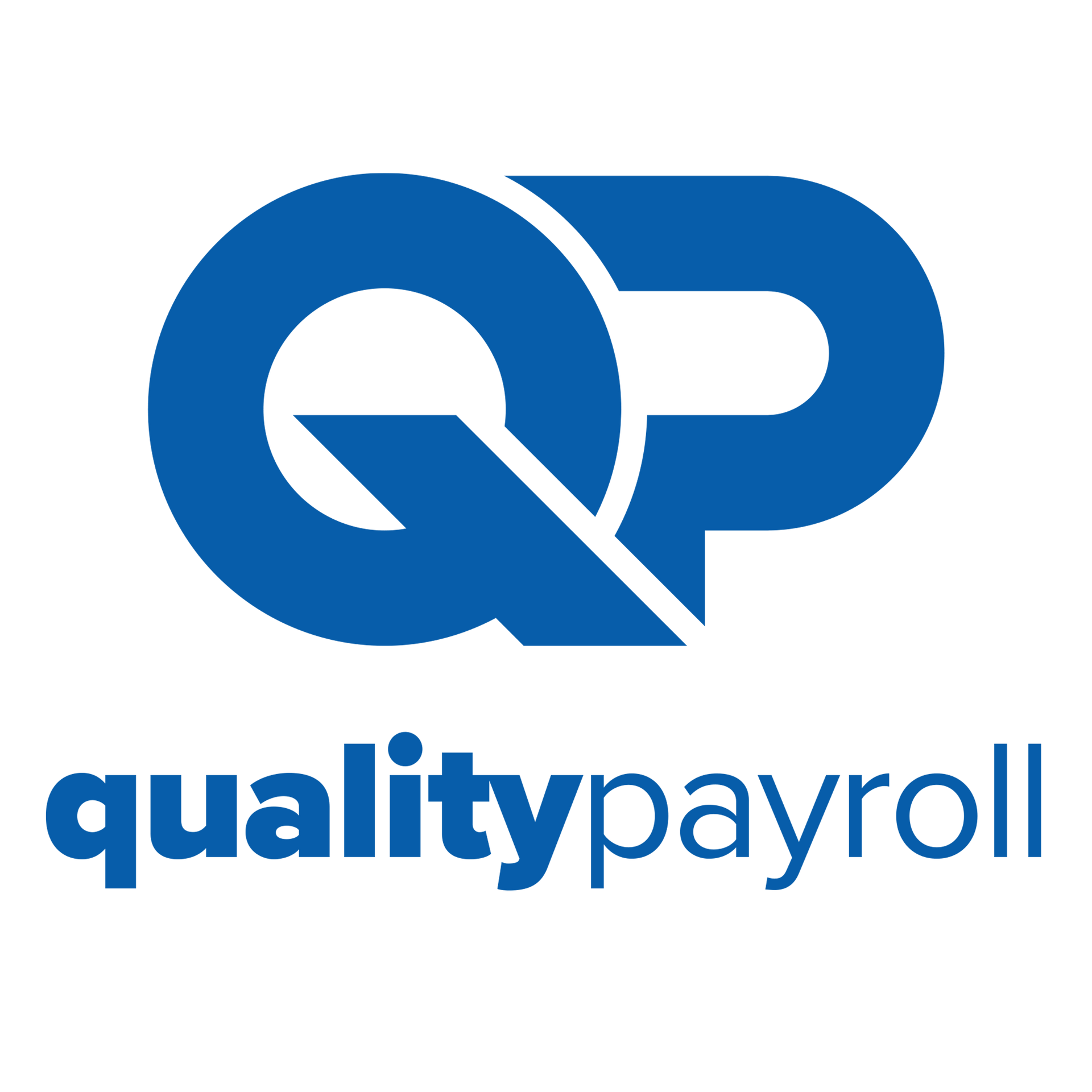Mastering ADA Compliance: A Small Business Guide to Inclusion
In this comprehensive handbook, small business owners will find a valuable resource for navigating the complex landscape of ADA compliance. With clear language and actionable advice, it equips businesses with the knowledge and tools needed to embrace diversity and meet the needs of individuals with disabilities. Whether you're just starting your journey toward compliance or seeking to enhance existing practices, this guide provides essential insights to help your business thrive in an inclusive society.
Understanding the Americans with Disabilities Act (ADA)
The Americans with Disabilities Act (ADA), enacted in 1990, is a civil rights law that prohibits discrimination against individuals with disabilities in all areas of public life, including jobs, schools, transportation, and all public and private places open to the general public. Its main aim is to ensure that people with disabilities have the same rights and opportunities as everyone else.
The ADA is divided into several sections, known as titles, that relate to different areas of public life. Titles I, II, and III are particularly relevant to businesses. Title I addresses employment practices, requiring employers, including small businesses, to provide reasonable accommodations for qualified employees with disabilities. Title II prohibits discrimination by state and local governments, and Title III focuses on public accommodations and services operated by private entities. Compliance with these titles is crucial for small businesses to avoid litigation and ensure an inclusive workforce.
Small businesses, in particular, play a key role in ADA compliance. By understanding and implementing ADA guidelines, small businesses not only protect themselves legally but also champion diversity and inclusivity, enhancing their reputation and potentially expanding their customer base.
The Scope of 'Disability' Under the ADA
The ADA defines a 'disability' as a physical or mental impairment that substantially limits one or more major life activities. This broad definition includes a wide range of conditions, from mobility impairments to mental health disorders. Small business owners must understand that disabilities can be visible or invisible, and what matters under the ADA is not the name of the disability but how it impacts an individual’s life.
Examples of recognized disabilities under the ADA include conditions such as blindness, deafness, diabetes, epilepsy, and major depressive disorder. It's important to note that this is not an exhaustive list. The ADA covers a wide spectrum of conditions, emphasizing the need for individual assessment.
There are also common misconceptions about what constitutes a disability under the ADA. For instance, temporary conditions, such as a broken limb, are generally not considered disabilities unless they significantly impact major life activities for an extended period. Understanding these nuances is vital for small businesses in managing their compliance and ensuring they are providing appropriate accommodations.
Overall, embracing ADA compliance is not just about avoiding penalties but fostering a workplace that values inclusivity and diversity. Being well-versed in the definitions and expectations set forth by the ADA empowers small businesses to more effectively support their employees and clients with disabilities, leading to a more productive, positive, and inclusive environment.
Obligations of Small Businesses Under the ADA
Understanding the obligations under the Americans with Disabilities Act (ADA) is crucial for small businesses aiming to foster an inclusive and compliant workplace. One of the cornerstone requirements is the provision of 'reasonable accommodations' for employees with disabilities. These accommodations vary but generally entail making adjustments or modifications that enable an employee with disabilities to perform their job effectively. Examples might include flexible working hours, the provision of specialized equipment, or the modification of existing facilities to improve accessibility.
Engaging in the interactive process is another key obligation under the ADA. This process is a collaborative dialogue between the employer and the employee with a disability to determine appropriate accommodations that enable the employee to perform their job duties. Effective participation requires openness, flexibility, and a willingness to consider various accommodation options. It’s not just about fulfilling a legal requirement but ensuring that an employee can contribute to their fullest potential.
When navigating documentation, small businesses need to know what to keep and what to avoid. Documenting the interactive process and the accommodations offered (and whether they were accepted or declined) is wise. Employers must be careful not to document any medical information received in this process in a way that violates employee privacy regulations.
Best Practices for ADA Compliance
Conducting accessibility audits is a proactive approach small businesses can take to ensure ADA compliance. These audits assess the physical and digital accessibility of a business and identify areas for improvement. From website accessibility to physical layout changes, audits can help businesses address potential barriers before they become issues.
Training staff on ADA compliance and sensitivity is another best practice. Educating employees about the importance of inclusion and how to interact respectfully and supportively with colleagues who have disabilities fosters a positive work environment for everyone.
Implementing policies that go beyond mere compliance not only safeguards against potential legal issues but also contributes to creating an inclusive culture that values diversity. This approach might include developing more comprehensive work-from-home policies or investing in technology that enhances workplace accessibility.
Lastly, utilizing resources for continuous learning and improvement is vital. The ADA website offers a wealth of information, from compliance guidelines to educational materials, that can assist small businesses in staying informed and adherent to ADA standards. By leveraging such resources, businesses can continuously improve their practices and maintain an environment that supports and values all employees.
Creating an Inclusive Workplace Environment
Cultivating an inclusive workplace is about more than just adhering to the Americans with Disabilities Act (ADA); it’s about creating a culture that actively supports and values diversity. Small businesses can lead the way by implementing strategies that emphasize empathy, understanding, and mutual respect. Simple steps, like ensuring accessible communication channels and fostering a workplace where employees feel comfortable requesting accommodations, can have a profound impact. Spotlighting success stories within the company can serve as a powerful testament to the values of inclusion and diversity.
Case studies of small businesses that excel in ADA compliance often share common traits: a commitment to listening to the needs of employees with disabilities, the agility to adapt policies as needed, and a proactive approach to identifying potential barriers to inclusion. These businesses not only comply with the law but also embrace the spirit of the ADA, setting a benchmark for others.
Addressing challenges in enforcing ADA accommodations requires a delicate balance. It involves not just understanding the legal obligations but also confronting stereotypes and biases that might impede compliance. Being proactive, such as through regular training sessions on disability awareness and inclusion, can preempt many common challenges.
Legal and Financial Implications of Non-Compliance
The legal repercussions of failing to comply with the ADA can be significant for small businesses. Beyond potential lawsuits, non-compliance can lead to federal fines and penalties, damage to the business’s reputation, and a loss of customer trust. Yet, on the flip side, the ADA also offers financial aid and incentives for compliance, including tax benefits and grants for making accessibility improvements.
The impact of non-compliance extends beyond the immediate financial and legal consequences. It can affect the morale and productivity of employees, leading to a less engaged workforce. Customers with disabilities might also choose to patronize more accessible competitors, leading to lost revenue. Conversely, demonstrating a commitment to ADA compliance and beyond can enhance a business's reputation, attract a wider customer base, and foster a loyal and productive workforce.
Navigating ADA compliance is about embracing the ethos of accessibility and inclusivity. Small businesses have a unique opportunity to lead by example, creating environments that respect and celebrate differences. By adhering to the ADA, engaging in ongoing education and improvement, and proactively fostering an inclusive workplace, small businesses can not only comply with the law but also contribute to a more inclusive society.
Ensure your business is accessible and inclusive to everyone.
Quality Payroll offers expert guidance to help you master ADA compliance effortlessly.










